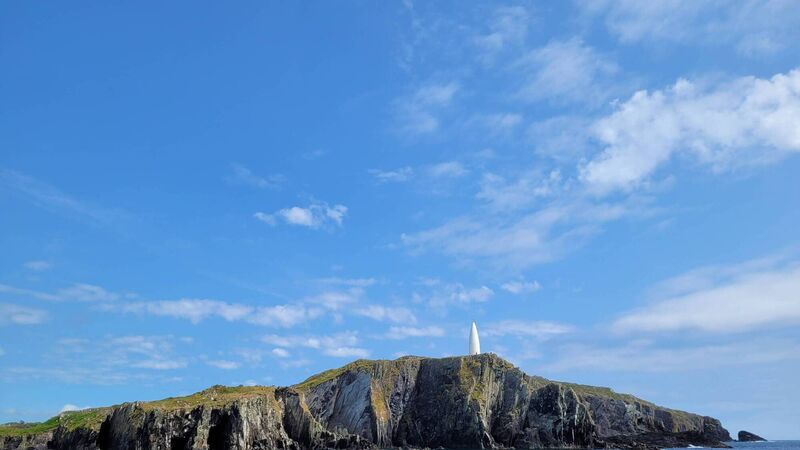€55m needed to protect Ireland's marine diversity by 2030

Earlier this month, 193 UN members adopted the first treaty to protect marine life in the high seas.
Some €55m would be enough to protect Ireland's marine biodiversity by 2030, a new analysis by an influential coalition of environmental groups has found.
Fair Seas produced what is believed to be the first of its kind finance report in Europe on marine protected areas (MPAs) showing Ireland will need to spend approximately €55m between 2024 and 2030 in order to reach its targets to protect 30% of the country's seas and ocean.













